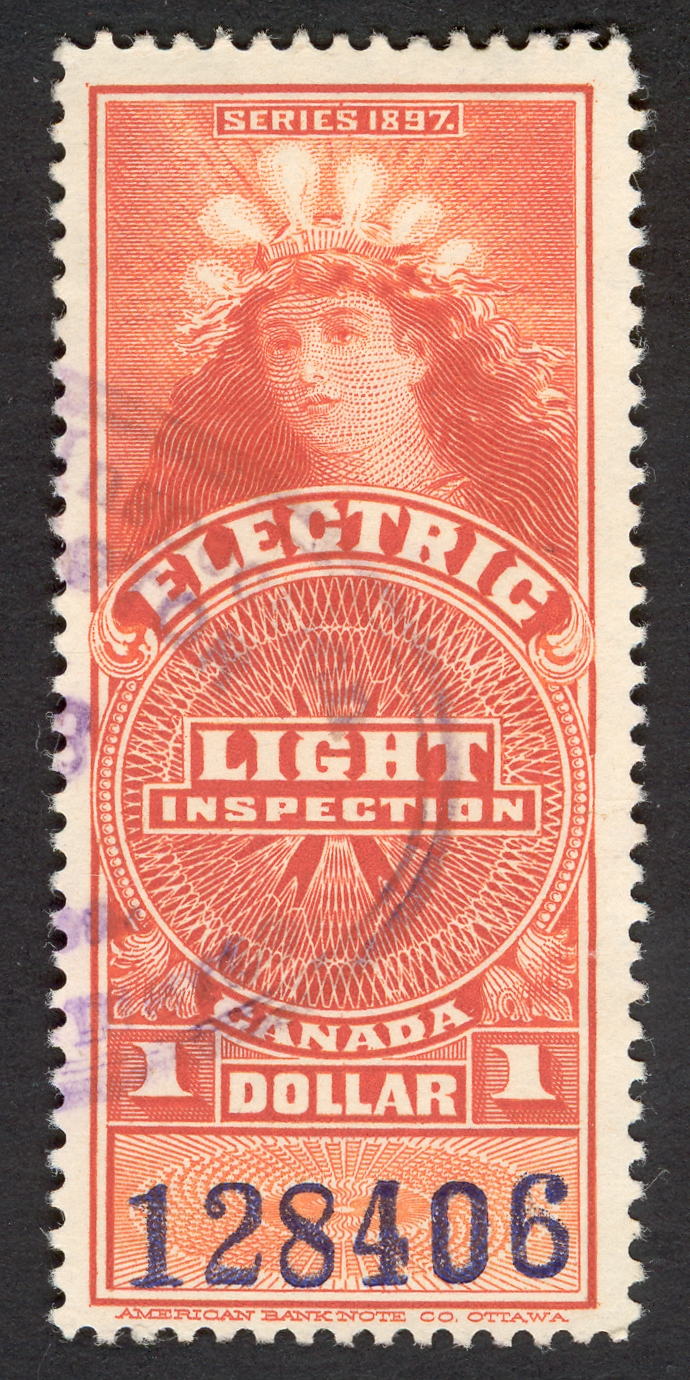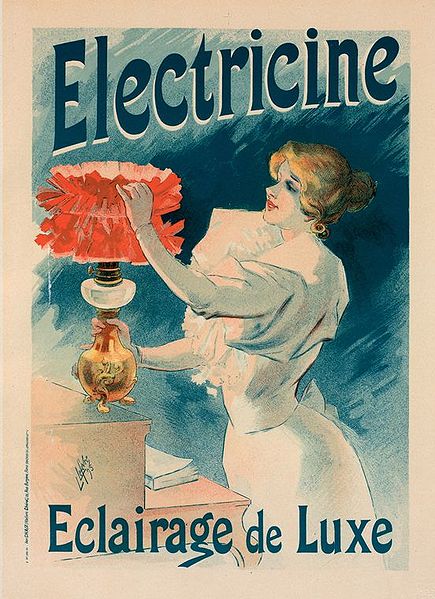
Avoiding spelling mistakes.
Electricity
The flow of electrons through copper wires or other conductors is a familiar and essential part of the modern world. As an essential form of energy, electricity is well known, yet in Thai English, the word is sometimes spelled wrong as electircity. There may be a number of reasons for this mistake. There is a word in English, elector, and perhaps people who spell the word electricity wrong think it somehow looks better if it starts with the letters electir instead of electri. Even so, electricity turns out to be one of many English words that use the common ending of icity. The letters icity take what was an adjective and change it into a noun. In the term electric storm, the adjective is the word electric and the noun being described is the word storm. If we take the adjective Italian, it can be changed to a noun by adding the letters icity, to become Italianicity – although some writers would prefer to use to use the word Italianess to describe the same thing. Confusion may occur if we add the letters icity to the word electric. If we follow other examples without thinking, then we should get a word that looks like electricicity. Of course we do not get electricicity, since there is no such English word as electricicity. To avoid repeating the letters ic twice in a row in the same word, we wind up with the noun electricity, instead of electricicity. This kind of shortcut is done to make the resulting word sound and look better, and also make it easier to use. Yet this kind of example can be confusing to students and ajarns trying to learn general rules of how English works, to avoid making mistakes. As in most languages, there are exceptions to basic rules, and English has many of these. One way to resolve this problem is to become so familiar with many words that are similar to electricity that it begins to seem natural how to spell them all. There are many other English words ending with the letters icity, including:
allergenicity
anthropocentricity
authenticity
canonicity
carcinogenicity
catholicity
causticity
complicity
concentricity
domesticity
duplicity
eccentricity
egocentricity
elasticity
ethnocentricity
felicity
historicity
inauthenticity
inelasticity
infelicity
monospecificity
multiplicity
periodicity
plasticity
publicity
simplicity
specificity
synchronicity
toxicity
While some of the words listed above may be more familiar than others to students and ajarns, depending on their field of study, overall the number of them should convince us that it is common in English for a word such as electr–icity to appear. By contrast, a word such as electircity does not exist. No word in English ends with the letters ircity. Yet as suggested in the list above, the letters icity are a common word ending in English, and there are even a number of words ending with the letters ricity that are not related to electricity. They include:
eccentricity
concentricity
egocentricity
ethnocentricity
As is often the case, we have the best chance to spell a word right in English if we know as many other words as possible. This is one important reason for building as much vocabulary knowledge as we can, in order to feel more comfortable when facing the challenge of how to write a complex word correctly.

Eleanor
The name Eleanor occurs frequently, and in Thai English it is sometimes spelled wrong as Elenor. This is understandable, since the way Eleanor is usually pronounced, with three syllables, it sounds more like Elenor than like Eleanor. This is another reminder that writers of Thai English should try not to spell English words the way they may think the words are pronounced. In many case, the pronunciation of Thai English does not result in standard sounds that really reproduce the way the word should sound. So this may easily be a misleading model. Even if, as in the example of Eleanor, the writer of Thai English does have an accurate idea of how the word should sound, many words in English are not spelled as phonetic transcriptions of how they sound. This is especially true of names of people and places. Some students or ajarns might wonder if it is so important to get the spelling of one name right, especially since although Eleanor is the standard spelling, there are some women who spell their first names as Elinor, Ellinor, Elenor, Eleanore, and so on. The answer is yes, it is important to spell this name right. It is a very old name, given to some very important people in history and literature, and if we spell it wrong, it may be seen as a sign of disrespect for the history and culture represented by the name. First, to explain the confusing presence of the letter a in the middle of Eleanor. Why is it there? Why is the name not just spelled Elenor, which would be so much easier? The name is so old, it derives from an older form of French, when it was spelled Aliénor. That adds an extra syllable and extra vowels, and at least the extra vowel, a, has survived to modern times, making Eleanor a challenge to spell. One of the most famous Eleanors was also one of the earliest ones, if not the earliest,
Eleanor of Aquitaine, a rich and powerful lady who lived in Europe almost one thousand years ago. The Thammasat University Libraries own books about Eleanor of Aquitaine, and in A Lion in Winter, a famous movie about her, the role of Eleanor of Aquitaine was played by Katharine Hepburn. Over the centuries that followed, there were many Queens of different countries named Eleanor. Most researchers will encounter the name most often in the modern era, where for example the daughter of Karl Marx was Eleanor Marx Aveling, who edited her father’s works and also translated books from the French language. The TU Libraries have a number of such books by Eleanor Marx Aveling. Yet the most honoured modern Eleanor is doubtless Eleanor Roosevelt (1884–1962), wife of the American President Franklin D. Roosevelt. Because of her many activities promoting peace and racial tolerance, along with her work at the United Nations after the death of her husband, Eleanor Roosevelt became widely admired and was often the subject of books. Yet she was not the last important Eleanor. Among many others sharing this distinguished name are Eleanor Powell, a dancer in Hollywood films of the 1930s and 1940s, the actress Eleanor Parker, who appeared in the popular musical film The Sound of Music, which may be seen at the Rewat Buddhinan Music Room of the Pridi Banomyong Library. Fans of the The Beatles will recall the song Eleanor Rigby from the group’s album Revolver, released in 1966. It is a sad song about a lonely old British lady who dies. Even so, the song attracted many fans and was also recorded by such performers as Ray Charles, Aretha Franklin, Ja Rule, and The Supremes.

(All images courtesy of Wikimedia Commons)
